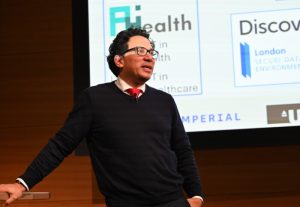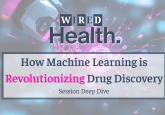Imperial College Announces Nightingale AI Launch

UK scientists have announced the launch of Nightingale AI, a new type of Large Health Model trained exclusively on health data, setting it apart from traditional models that rely on generic text. This highly specialized model is expected to transform multiple healthcare domains, enhancing medical research, drug discovery, and patient care.
Approximately 1.3 million patients interact with the National Health Service (NHS) every day, with most of these encounters recorded in online systems, including electronic patient notes, radiology scans, and biometric data. This positions the NHS as one of the largest online databases in the world for medical information.
Tailoring AI for Intelligent Medical Applications
In March 2025, researchers from Imperial College London announced the launch of Nightingale AI, a new type of multimodal foundation model designed to utilize this immense resource. Nightingale AI will be trained on a combination of NHS records and published medical literature, creating a generalizable model that can be fine-tuned to different healthcare specialties.
The project is led by Professor Aldo Faisal, Director of the UK Research and Innovation Centres for AI for Healthcare at Imperial College London, who states:
“Our goal is to develop a novel generation of AI foundation models, trained exclusively on healthcare data rather than generic text. This approach will enable us to create a truly transformative system tailored for the medical community.”
Unlocking Comprehensive Healthcare Transformation
Nightingale AI is expected to “bridge the gap between raw data and actionable clinical insights,” using its considerable knowledge base to support drug discovery, clinical decision-making, and research.
Such an initiative could have a massive impact on how clinicians acquire and use patient information, transforming data libraries into intelligent AI training hubs that can help scientists uncover hidden patterns and trends. The program could further support healthcare professionals by automating administrative processes, allowing more time for meaningful patient interactions.
Professor Faisal further comments:
“No other healthcare system in the world has access to data at this scale and in such a digitally advanced state as the NHS. This advantage allows us to train a Large Health Model capable of driving cutting-edge advancements in medicine, just as ChatGPT has done in the field of language processing.”
The ambitious project will involve the collaboration of eight prominent scientific institutions, including Imperial College London, the University of Edinburgh, University College London, and the AI Generative Hub for Models in London.






